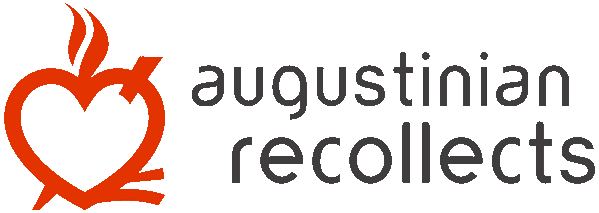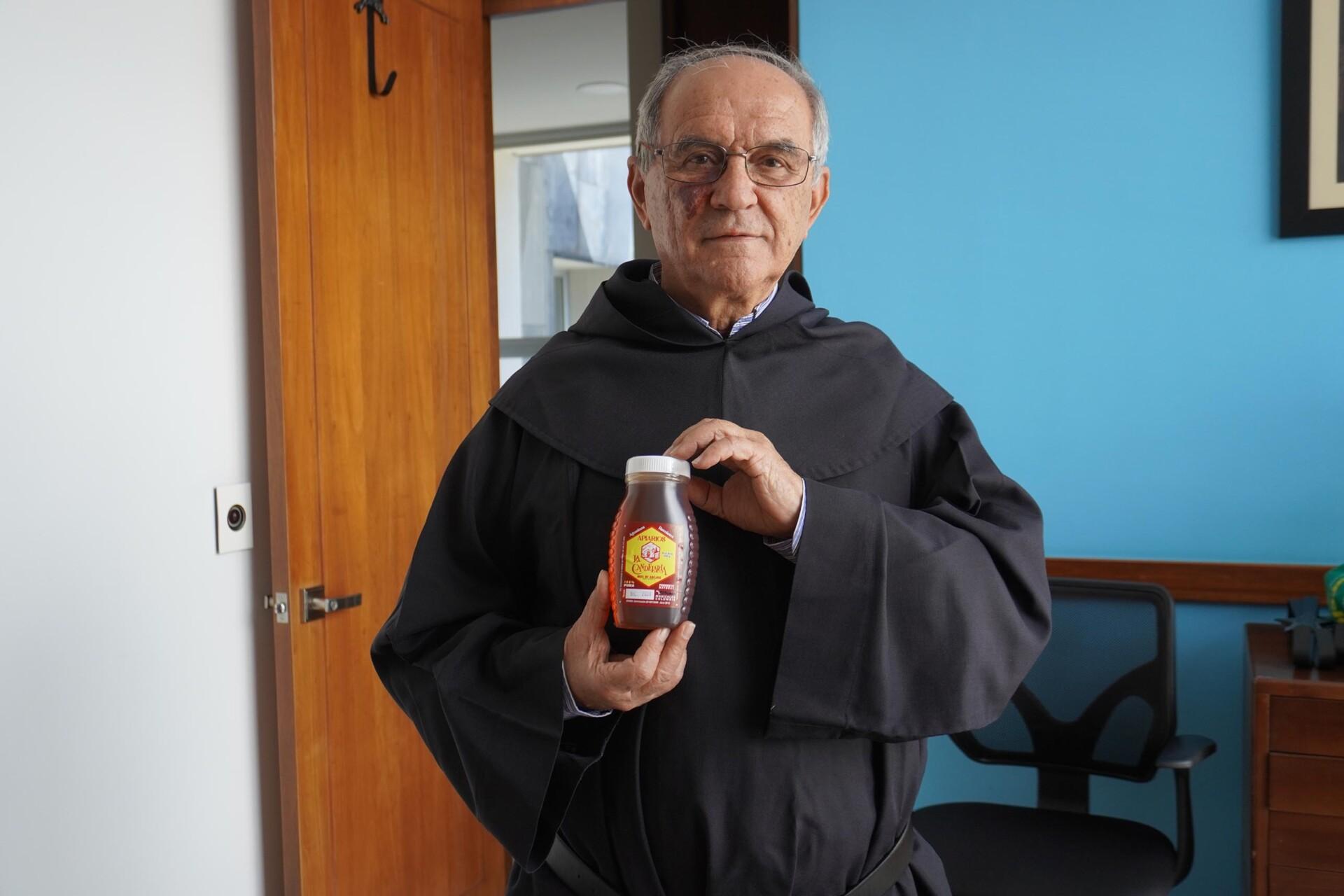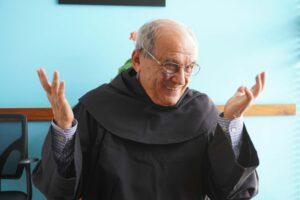 In a recent interview at the San Agustín Filosofado Major Seminary, Fr. Alonso Restrepo revealed the fascinating history of the Apiarios La Candelaria. Although its roots go back to the Candelaria Desert, this beekeeping practice has flourished for decades in the Seminary of La Linda (Manizales, Colombia). As he explained, beekeeping began in 1933 with rudimentary methods. “Back then, honey was extracted in an artisanal way, draining the honeycombs with the hands. Today, that is no longer done,” Fr. Alonso said.
In a recent interview at the San Agustín Filosofado Major Seminary, Fr. Alonso Restrepo revealed the fascinating history of the Apiarios La Candelaria. Although its roots go back to the Candelaria Desert, this beekeeping practice has flourished for decades in the Seminary of La Linda (Manizales, Colombia). As he explained, beekeeping began in 1933 with rudimentary methods. “Back then, honey was extracted in an artisanal way, draining the honeycombs with the hands. Today, that is no longer done,” Fr. Alonso said.
The arrival of Fr. Dario Puerta in 1958 marked a turning point for this tradition. “Fr. Darío, a self-taught man with a passion for bees, became the most important beekeeper in Colombia,” noted Fr. Alonso. His impact was so significant that he gave conferences in the United States, Europe and even Japan, positioning Colombian beekeeping on the international stage.
The link between bees and coffee
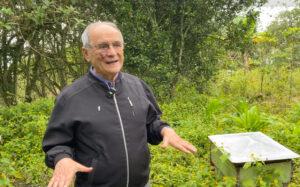 One of Fr. Puerta’s greatest contributions was to demonstrate the importance of bees in coffee cultivation, a vital relationship that he supported along with the Federation of Coffee Growers. “Each coffee flower needs to be pollinated by a bee for the fruit to grow. This shows the relevance of beehives for our coffee growing region,” explained Fr. Alonso, underlining how pollination directly influences the productivity of coffee, an economic pillar of the country.
One of Fr. Puerta’s greatest contributions was to demonstrate the importance of bees in coffee cultivation, a vital relationship that he supported along with the Federation of Coffee Growers. “Each coffee flower needs to be pollinated by a bee for the fruit to grow. This shows the relevance of beehives for our coffee growing region,” explained Fr. Alonso, underlining how pollination directly influences the productivity of coffee, an economic pillar of the country.
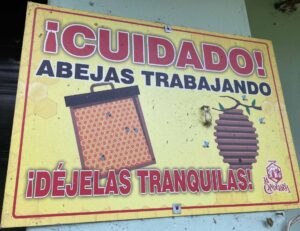 Sustainable production and modern techniques
Sustainable production and modern techniques
Currently, Apiarios La Candelaria has about 300 active hives, with an annual production of between 8 and 9 tons of honey. Although these numbers are far from the 100 tons reached in the heyday of beekeeping at the seminar, the operation continues to be an example of sustainability and quality. Thanks to the modernization of processes, the use of centrifuges makes it possible to extract up to 1,200 kilos of honey in a single operation. “At no time do we manipulate the honey or mix it with anything. That is why we guarantee our honey as 100% pure,” assured Fr. Alonso, emphasizing the purity of the final product.
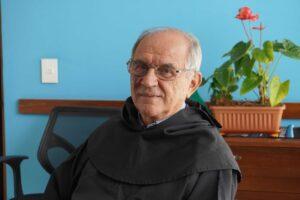 A forward-looking practice
A forward-looking practice
Despite current challenges, such as the decrease in available flora, Apiarios La Candelaria continues to move forward. In addition to producing honey, the seminar’s work includes the breeding of queens and the formation of nuclei that are transferred to the field once they have been strengthened.
“Our commitment is not only to honey, but also to the balance of our ecosystem. Each hive is a small but powerful testimony of our respect for nature.”
This story not only chronicles the evolution of beekeeping at La Linda Seminary, but also celebrates a tradition that combines innovation and sustainability, leaving a sweet legacy for future generations.
